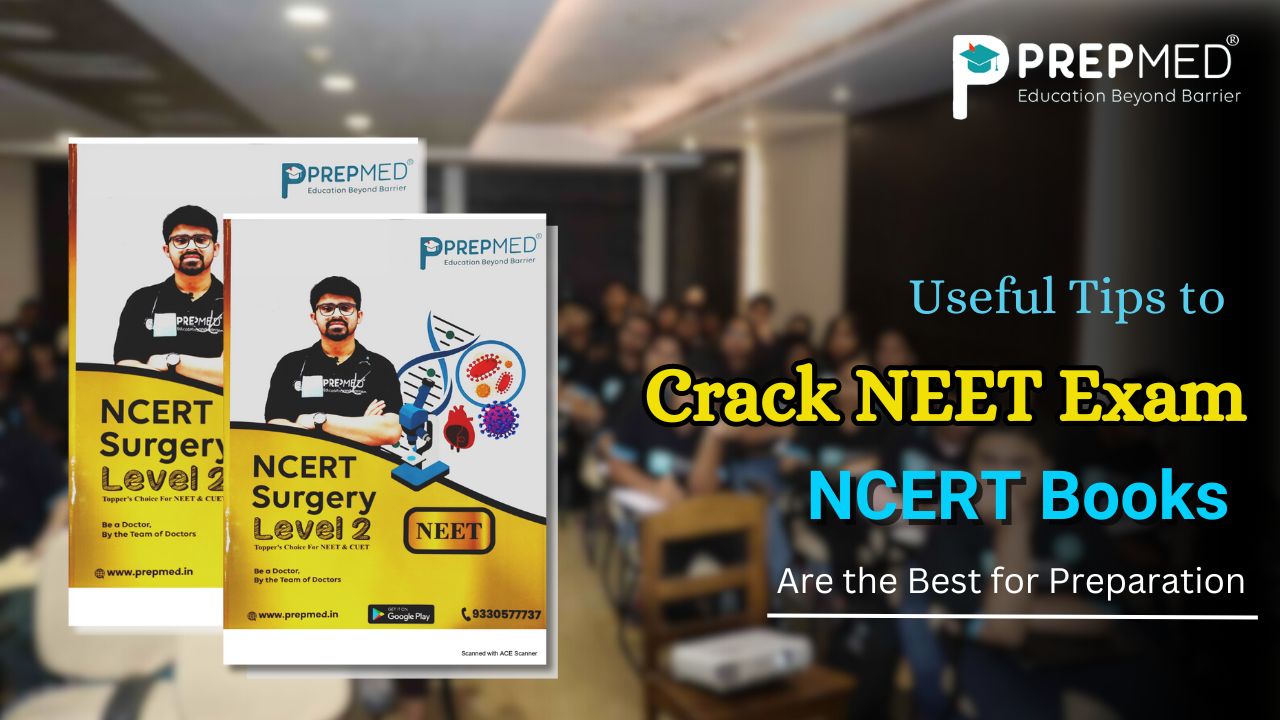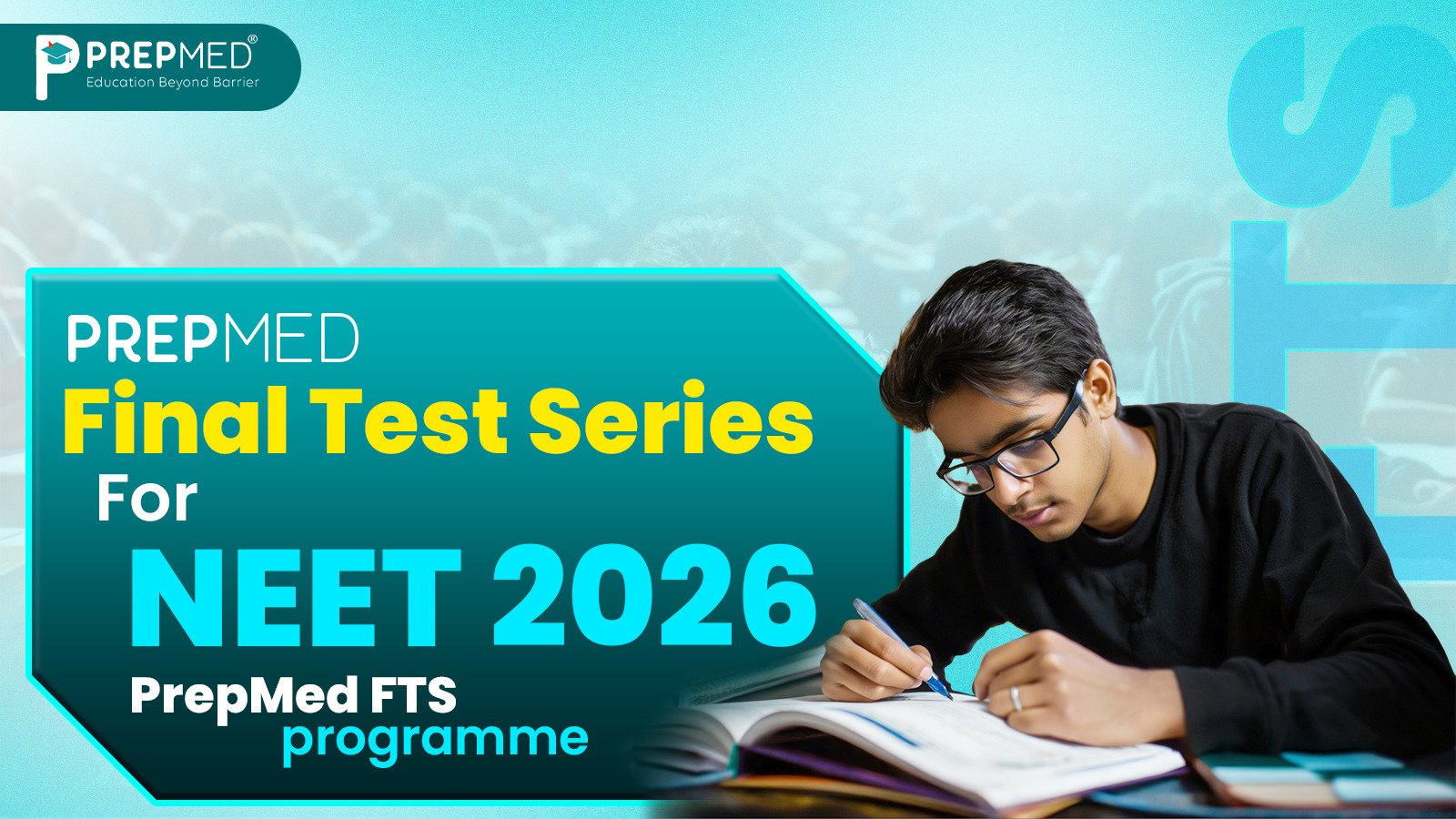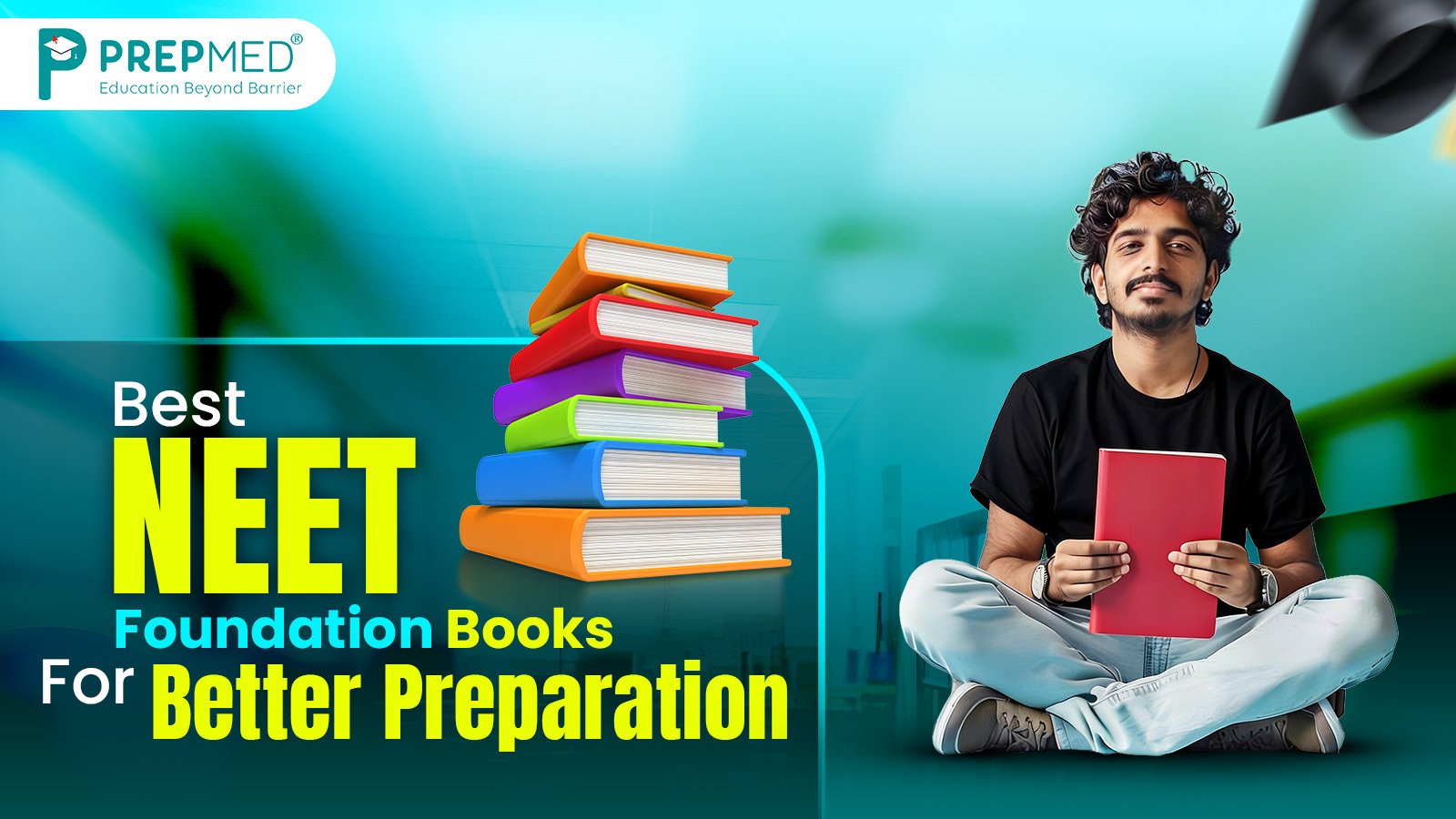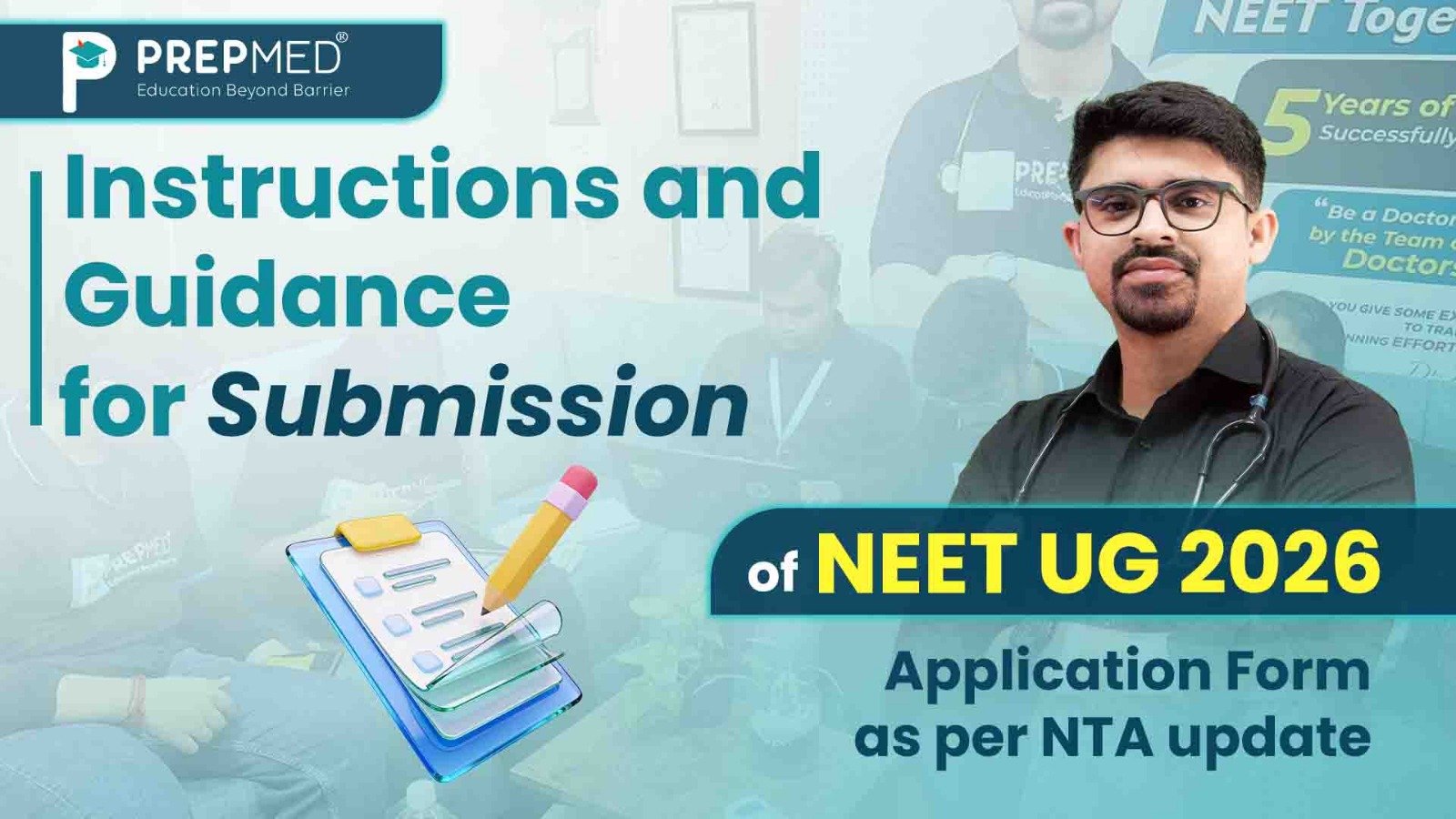October 03, 2024
Useful Tips to Crack NEET Exam: NCERT Books Are the Best for Preparation
When it comes to preparing for the NEET (National Eligibility cum Entrance Test), students often feel stressed and face several challenges. For instance, the competition between aspiring doctors is high. Moreover, the syllabus content is immense. On the other hand, time management while preparing for NEET is another issue. Lastly, inadequate study due to lack of resources is a major problem for medical students.
As we know, a proper strategy is required for studying for the NEET exam, and NCERT books can help you not only strategize but also simplify your complex studies.
This blog will provide a thorough explanation of the positive aspects of using NCERT books for NEET preparation as well as insightful tips on how to ace the exam.
Why NCERT Books Are Essential for NEET Preparation
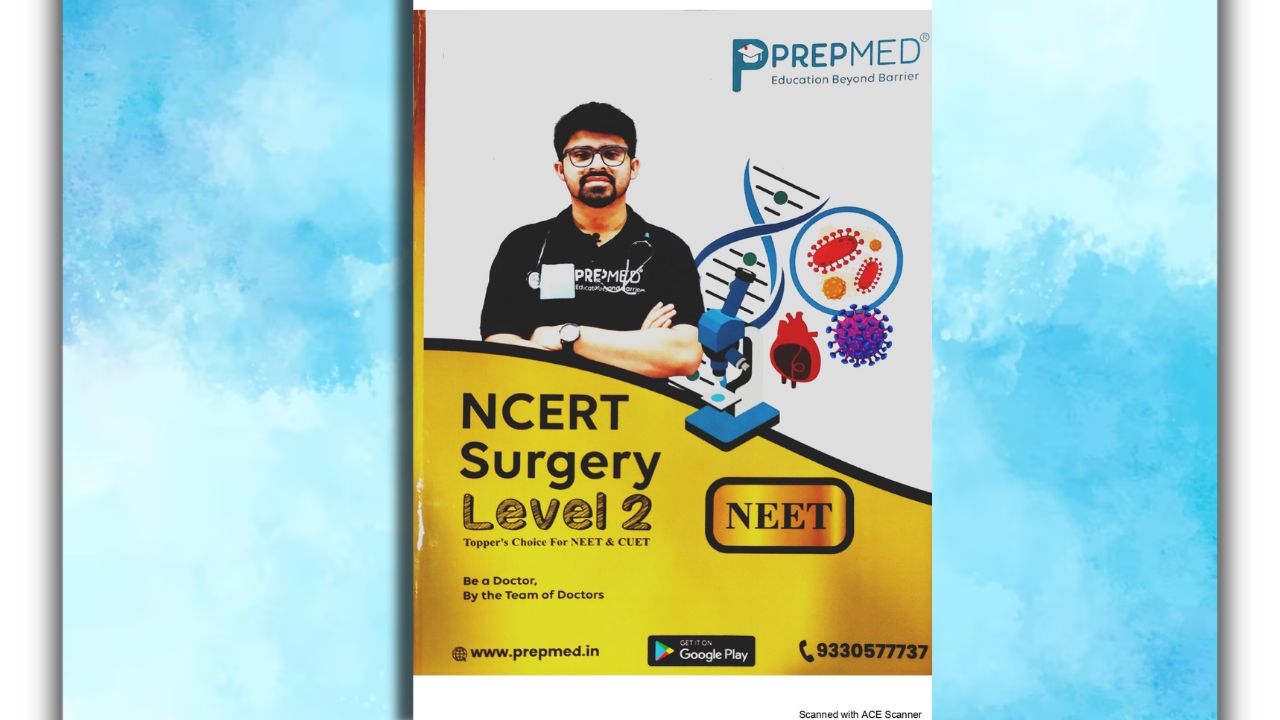
1. Comprehensive Coverage of Syllabus
Many students often bypass studying from NCERT books and only rely on online materials. However, NCERT books are specifically designed to cover the whole syllabus recommended by the National Testing Agency (NTA) for NEET. Hence, these books have a strong base in subjects like Physics, Chemistry, and Biology. For instance, Biology, Class 11 (29 chapters), and Class 12 (30 chapters) are available in the NCERT book. Furthermore, these books cover almost 90-91% of the NEET syllabus. Likewise, the content of Classes 11 and 12, physics, chemistry, and biology, are found in these books, which will help you prepare well for the NEET exam.
2. Simplified Language and Concepts
NCERT textbooks are written with super easy and straightforward language ideal for all spiring students. Therefore, it becomes an easy task for the students to grasp complicated subjects or concepts. Since NEET requires a strong understanding of fundamental concepts, starting with NCERT is an excellent way to build your knowledge base effectively.
3. Focus on Important Diagrams and Tables
One of the best ways to retain knowledge while preparing for NEET is by practicing through visual aids. This makes the overall study material crisp, short, and easy for students. Once you are preparing your NEET studies via NCERT books, you will see that questions are based on diagrams, and having a solid grasp of them from NCERT will give you an edge in the exam, allowing you to visualize and understand the material better.
4. Previous Year NEET Questions
If you are reading and consulting the NCERT books, then you have a high chance to get through your examination as mostly these books cover a substantial portion of the exam's questions. By focusing your preparation on these texts, you increase your chances of encountering familiar content during the exam. This connection reinforces the importance of NCERT as a primary study resource, making it a smart choice for serious candidates.
Tips to Prepare for the NEET Exam

1. Create a Study Plan
To prepare for the NEET effectively, create a realistic study plan that allocates time for each subject. Include breaks to avoid burnout and ensure you cover all topics systematically. Stick to your plan to maintain consistency.
2. Focus on NCERT Books First
As mentioned earlier, start your preparation with NCERT books. Understand the concepts thoroughly and make notes of important points. Once you are confident with NCERT, you can explore additional reference books for deeper understanding and practice.
3. Practice Regularly
Practice is crucial for success in NEET. While practicing, if you can solve the previous year’s question and answers then it will help you to understand the exam format. Also, you can manage the time schedule during exam hours. The best part about regular practice is it will let you understand and analyze the weak areas where you need improvement.
4. Revise Frequently
Revision is key to retaining information. Set aside time for regular revision sessions, focusing on the topics you have studied. This will reinforce your memory and boost your confidence leading up to the exam.
5. Join a Coaching Institute
Entering the best coaching institute could be a good option if you feel like you need more support. Experienced instructors can provide insights and strategies to tackle the exam effectively. Ensure that the coaching program aligns with your study plan.
6. Stay Healthy and Manage Stress
Your physical and mental well-being plays a crucial role in your preparation. Make sure you eat a balanced diet, exercise on a regular basis, and get adequate sleep.
Practice relaxation techniques such as meditation to manage stress during your preparation.
Conclusion:
While you are preparing for NEET, you will need strong commitment, a solid study strategy, and the correct resources. No wonder NCERT books are the ideal tools for students to crack NEET as they help to guide a student well with a detailed and structured syllabus and essential concepts.
Additionally, if you need extra assistance for your NEET preparation, you can choose PrepMed. We offer tailored coaching from expert professionals, study materials, 24/7 doubt-clearing sessions, workshops, recorded live teachings, paper discussions, and much more. We aim to help you achieve your medical career goals.
Frequently Asked Questions (FAQs)
1. How important are NCERT books for NEET preparation?
NCERT books are essential as they cover the entire syllabus, simplify complex concepts, and provide a strong foundation for further studies.
2. How many hours should I study each day for NEET?
The number of hours can vary, but a dedicated study time of 6-8 hours daily, including breaks, is generally recommended for effective preparation.
3. What is the best way to revise for NEET?
Create concise notes while studying, and set specific times for revision. Focus on key concepts, diagrams, and any areas you find challenging.
4. Should I take mock tests while preparing for NEET?
Yes, taking mock tests is highly beneficial as they help you familiarize yourself with the exam format, improve time management, and assess your preparation level.
5. How can I manage stress during NEET preparation?
Engage in physical activities, practice mindfulness or meditation, and maintain a balanced schedule to help manage stress and maintain focus.
